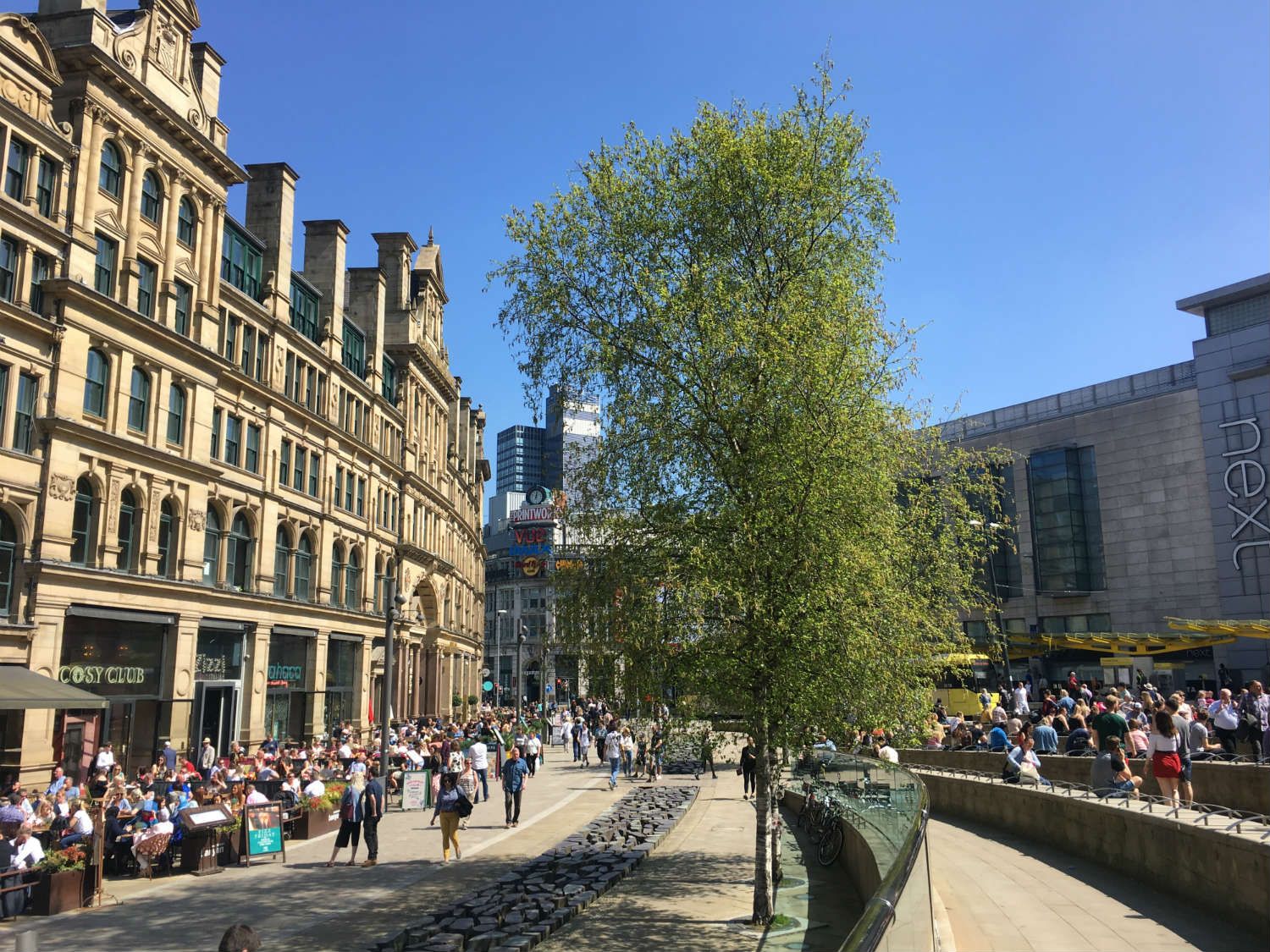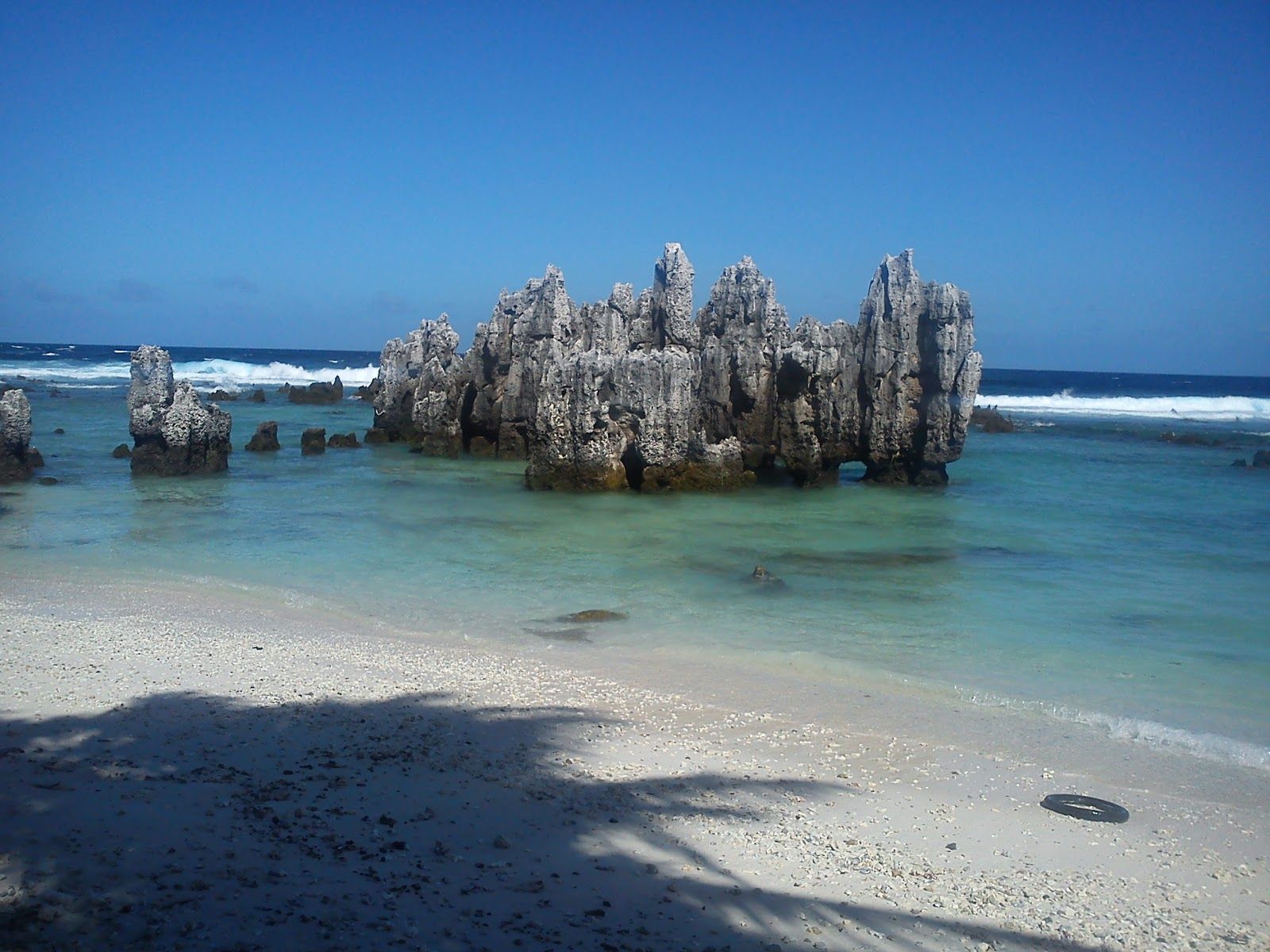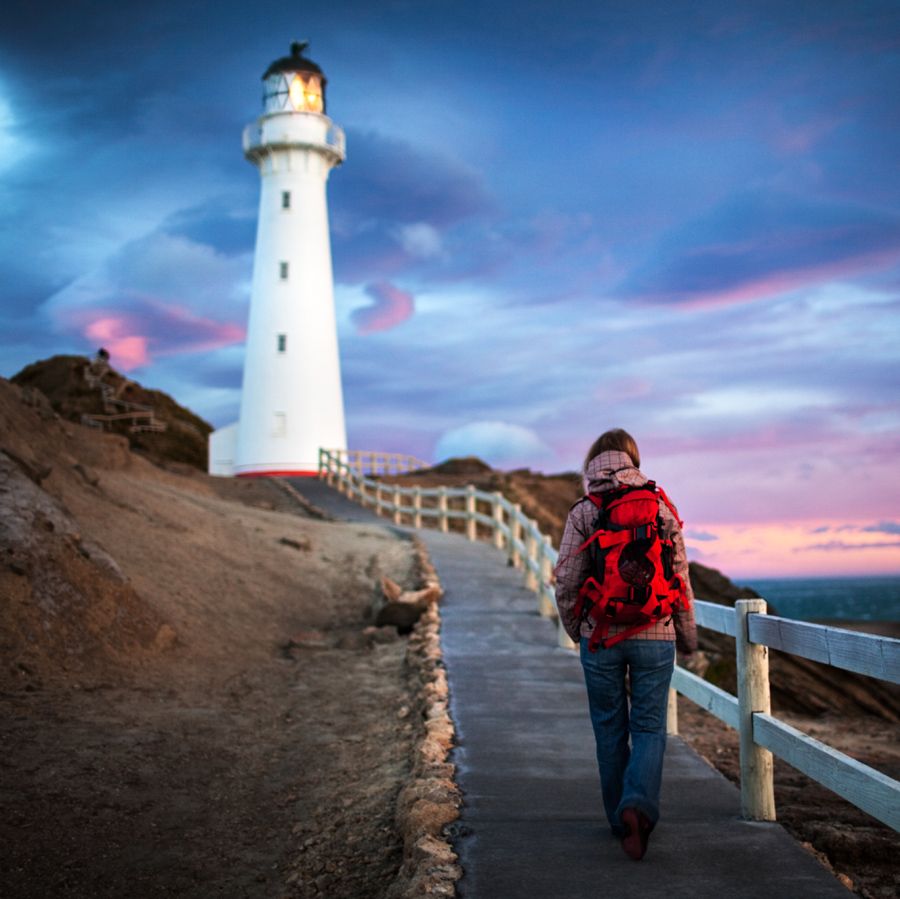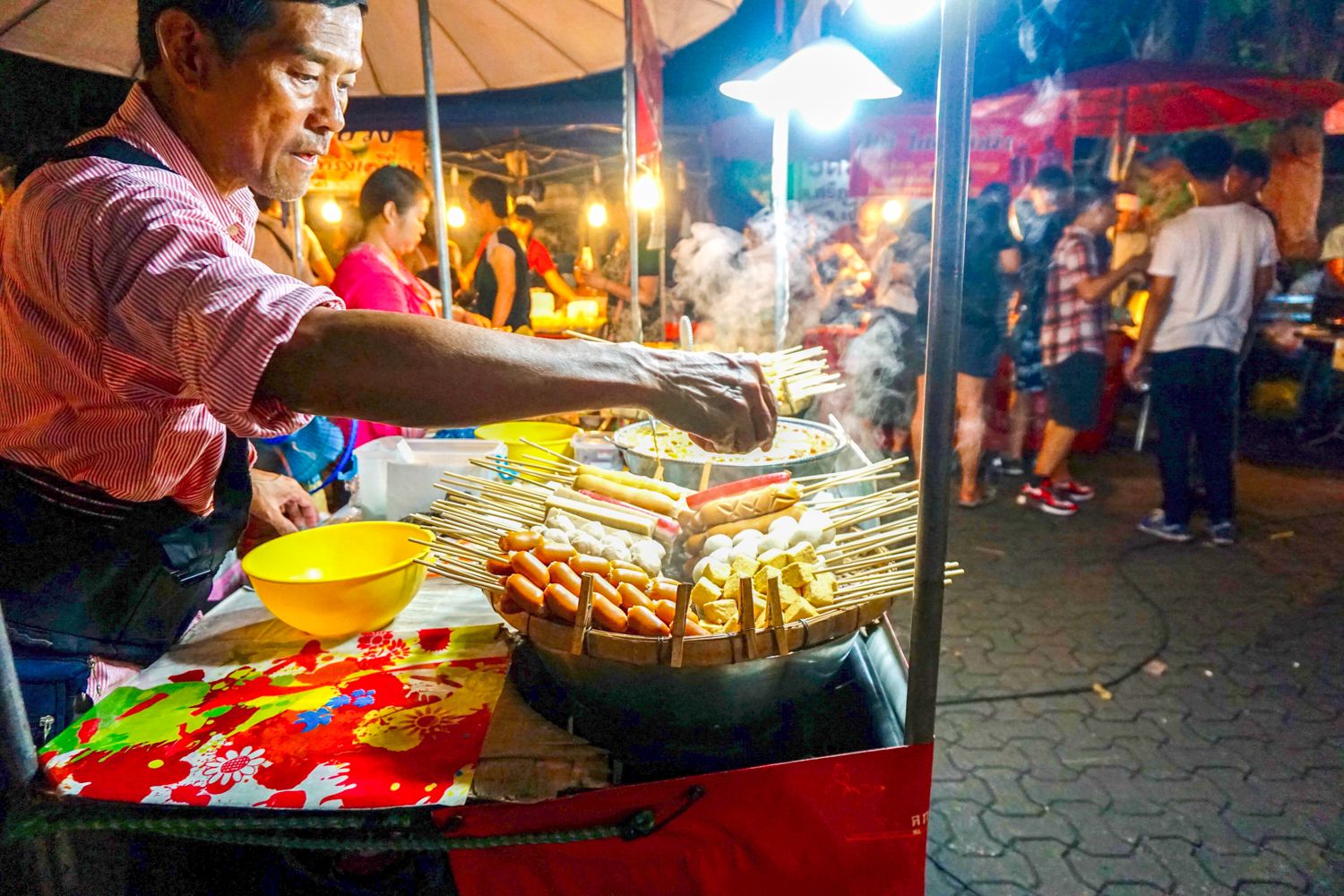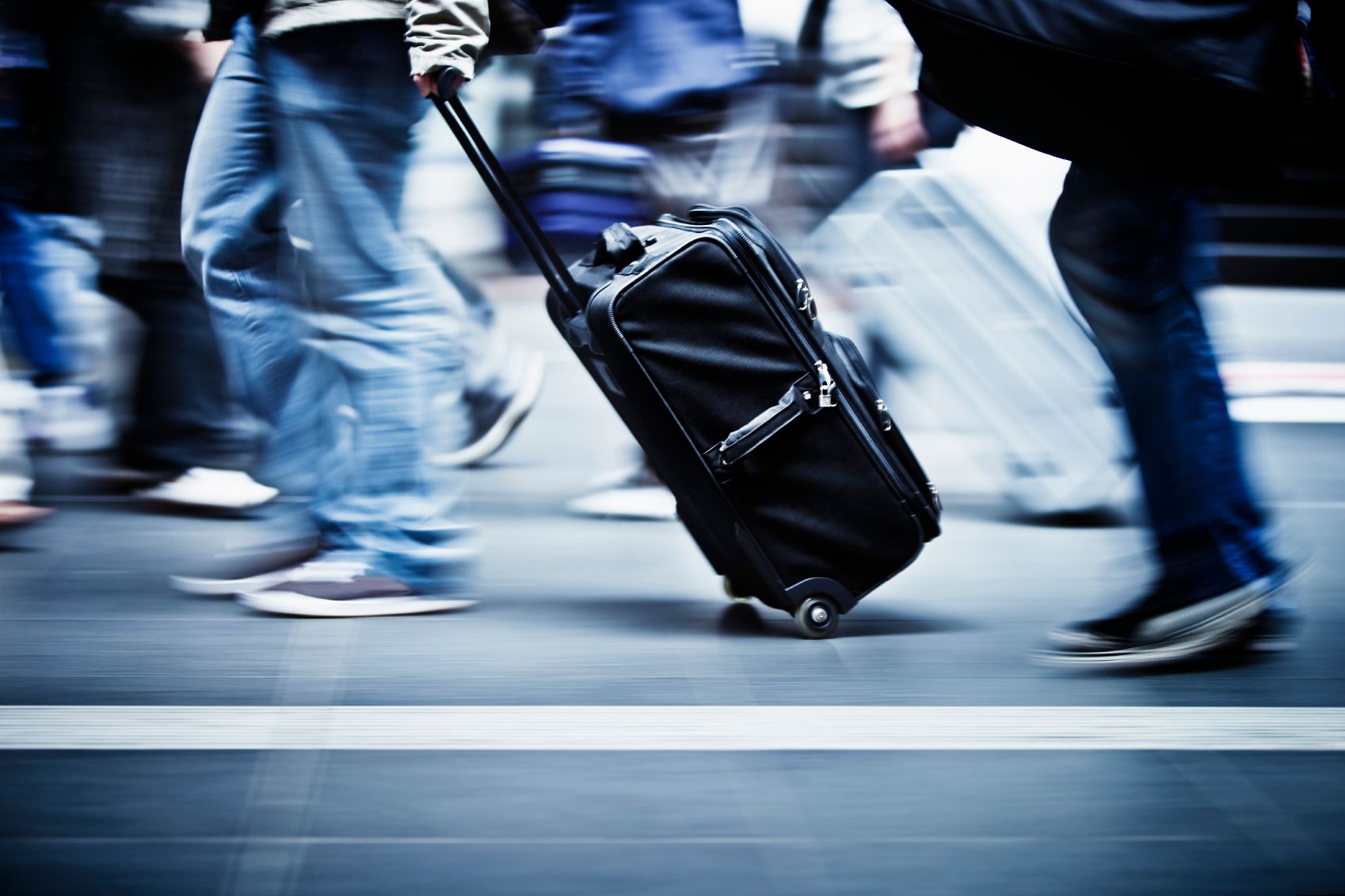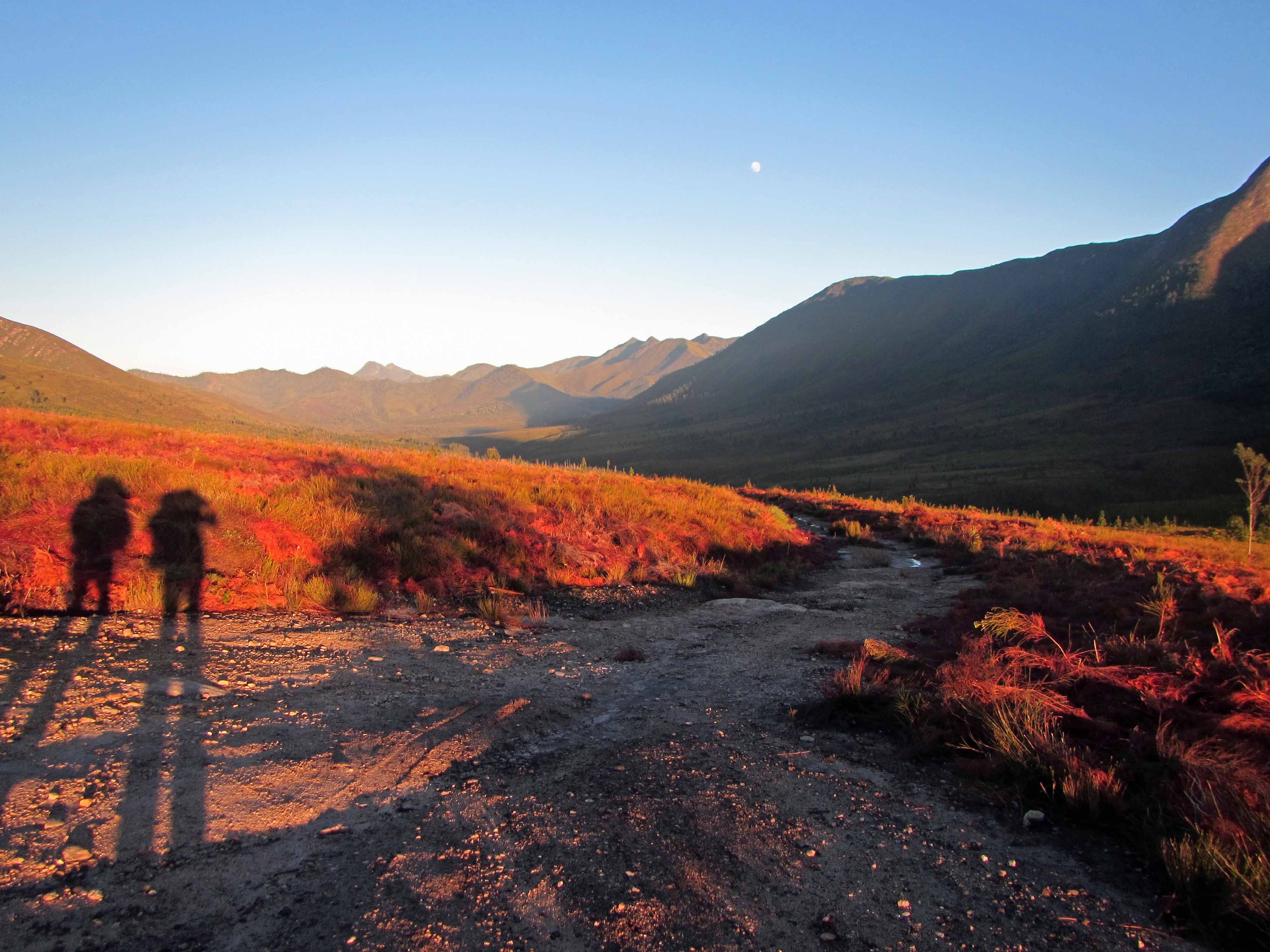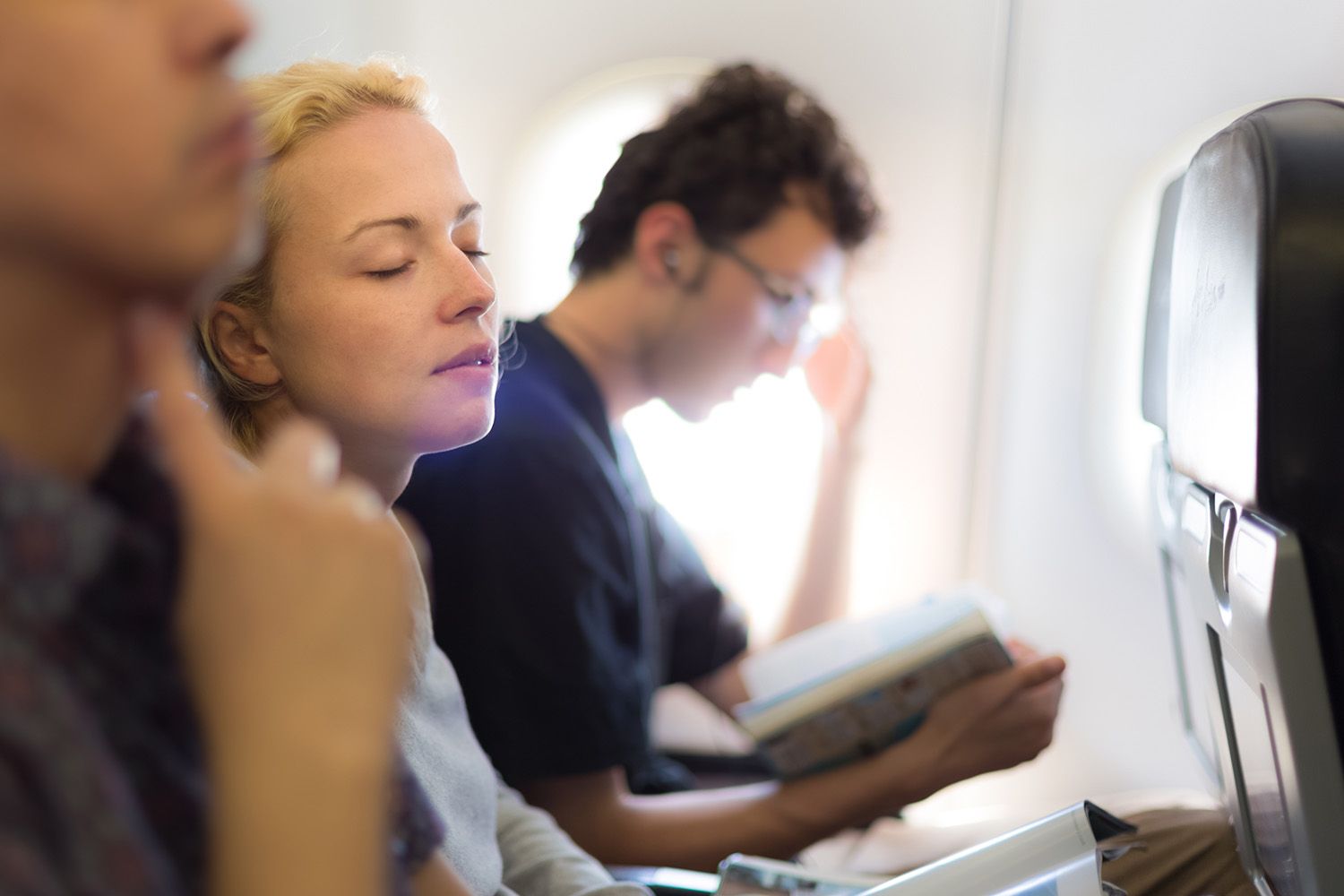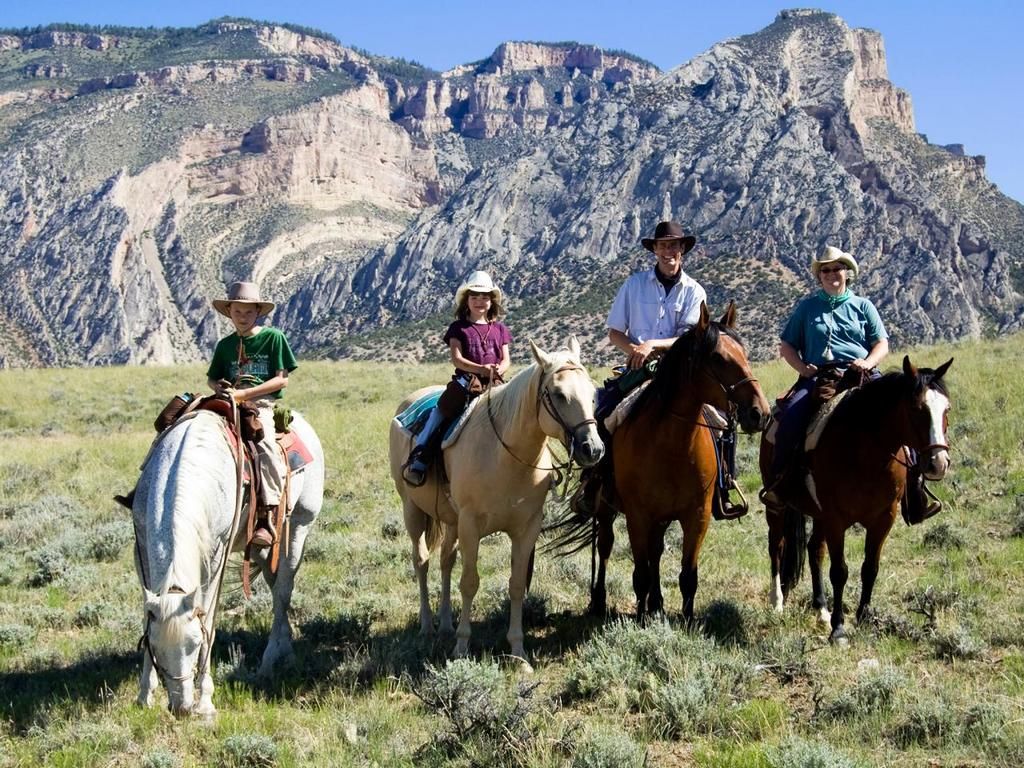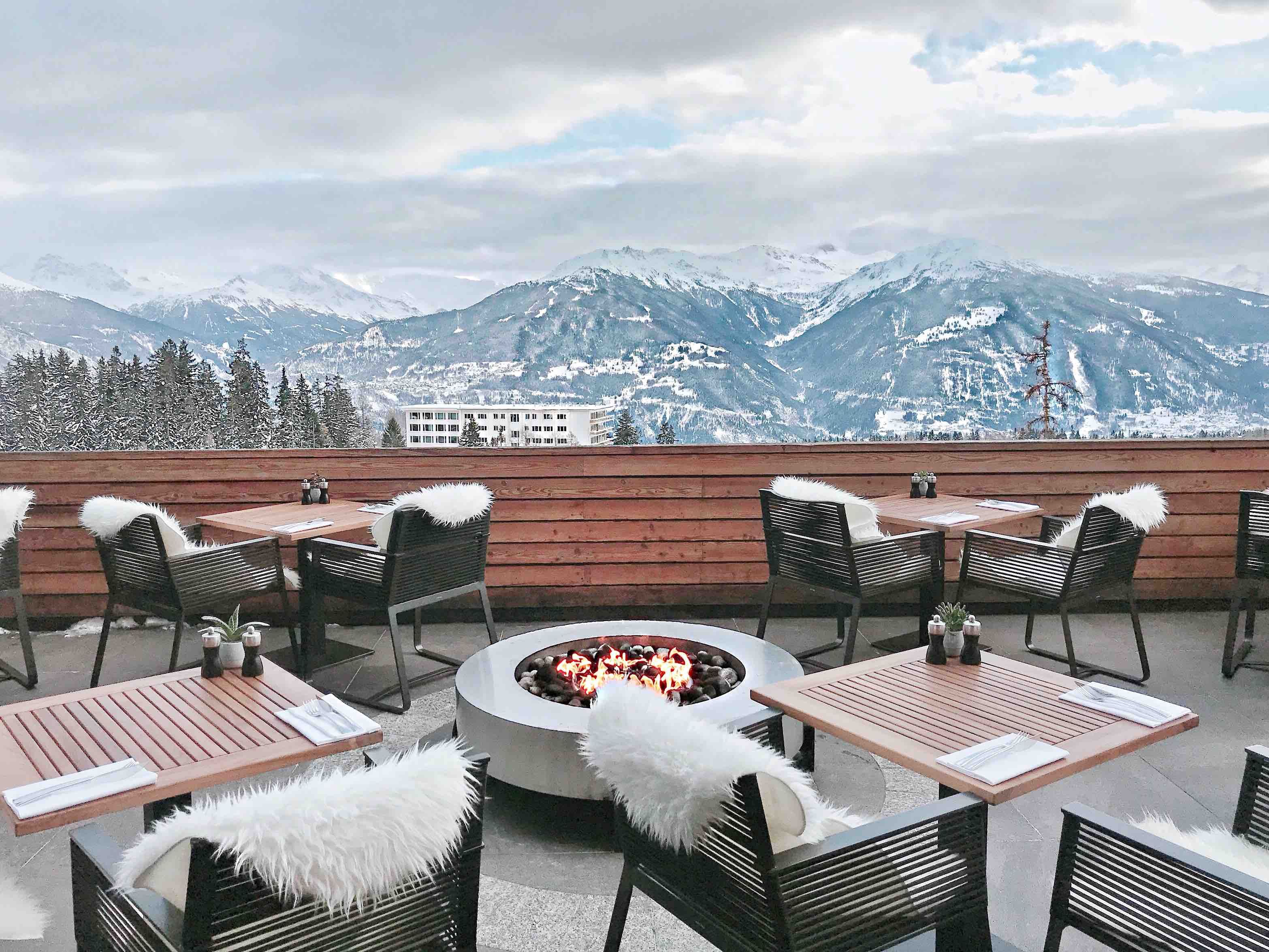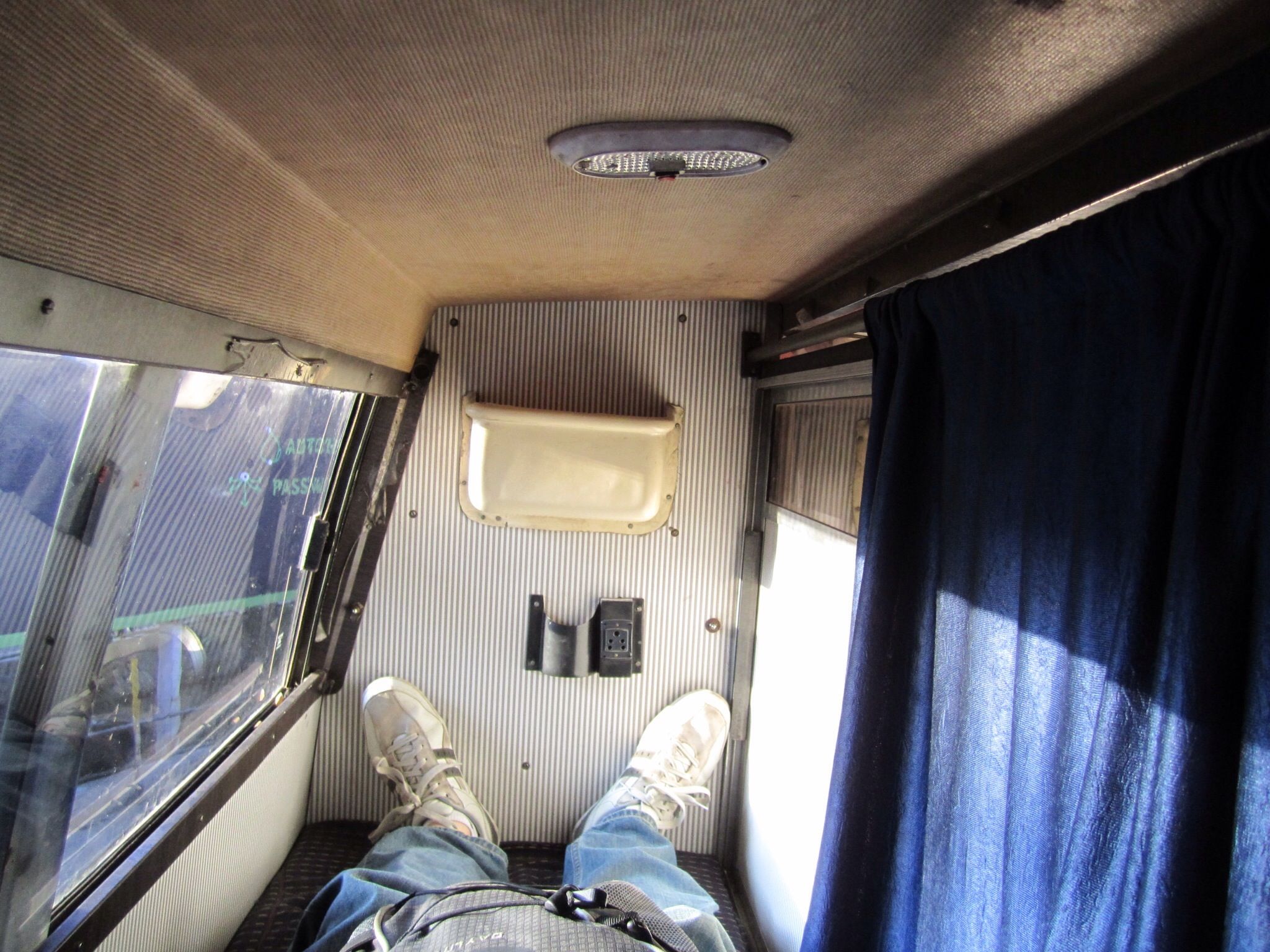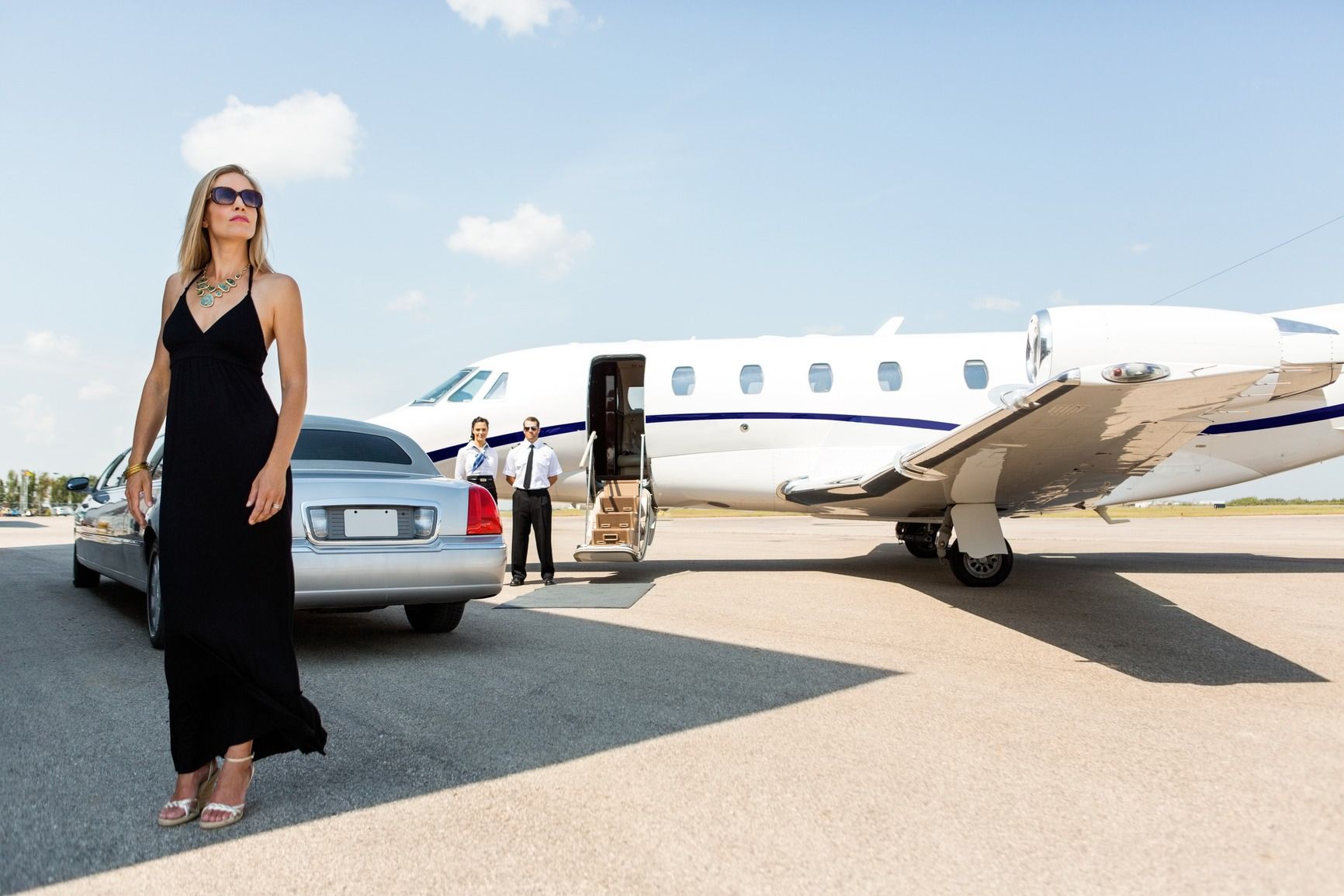If you Google anything related to travel on the internet, you're bound to get a ton of advice. From travel deals to safety guides and even really specific advice, like how to travel with a family, you can read it all. Even more-so, if you tell any of your family or friends that you've planned an upcoming trip, you'll receive all types of (well-meaning) advice about general travel and about your specific destination. Without meaning to, you'll probably end up taking some of this advice, especially the really common travel advice that you hear very often.
What many travelers don't realize is that much of the common travel advice out there is actually just plain wrong. There are so many different sayings and pretty archaic bits of information that may have applied 20 years ago, but just don't fit today's travel market. Additionally, a lot of the information given today about safety and 'great deals' is really backwards. You should always double check any advice that you hear and be careful not to fall into the trap of believing something just because you've heard it multiple times.
Here are some of the most common pieces of travel advice that are actually really unhelpful, and what you should do instead to make for a better trip!
20 20. Stay Outside of a City for Better Deals: It May Not Be True
It is very normal to try and save costs as much as reasonably possible. When it comes to accommodations, travelers usually have a lot of options to choose from at any destination. Sure, staying right in the city may be unaffordable for many travelers, but staying miles away from the city for the purpose of cutting costs is not really the solution and might even backfire due to transportation costs.
Some of the best views, the mind blowing sights, and the typical sounds of the cities can only be fully experienced and appreciated by staying right in the center. You don't want to miss out on these experiences only to end up paying a huge amount of bus or car costs!
19 19. Skip Tourist Shopping Traps: Are They Really That Bad?
Another common piece of advice from travel bloggers and websites is for tourists to skip anything popular with tourists, just because you'll end up in huge crowds and will be sold an experience that isn't as great as you think it'll be. Some of the most famous "tourist traps" are large sites like the Eiffel Tower or the Empire State Building.
Sure, these spots might be overcrowded and overpriced, but this doesn't necessarily mean you shouldn't see something so important. If anything, "tourist locations" can just highlight what is most famous about a destination, and it's crowdedness may mean that you should definitely make a stop. What you should do instead is plan ahead to go at the best time when you'll be able to get away from the crowds and actually get the full experience.
18 18. Don’t Go to Warm Countries During the Summer: Can't Stand the Heat?
Most people would advise you not to go to hot, tropical destinations during the summer. Examples include Florida, the Bahamas, Texas, the Caribbean, and even Hawaii. And sure, for some people, the heat is unbearable, but this is a huge generalization that isn't always true.
Firstly, some typically "hot" destinations are incredibly gorgeous during the summer. Additionally, many of these destinations will be much cheaper in the off-months, which is usually when the place is the hottest. If that's the only time you can afford to go, why not take advantage of it? Before writing off any super hot destination, do some more research about the perks of visiting in the off-season.
17 17. Only Travel With Other People: Is Traveling Alone Really Problematic?
Traveling in a group or going at it alone both have many advantages and disadvantages. The factors to consider in both cases are safety, cost, companionship, and privacy. Many tourists who are on a budget or are going on a trip with colleagues, close friends and loved ones have the advantage of reducing some of their costs (since going in a group is generally cheaper) and feeling safer.
However, they have to deal with the personalities of their travel companions and may not get to make all of the decisions about activities they try during the trip. Those who travel alone have the opportunity to truly escape and reflect, meet new and interesting people, and decide on every last thing during the trip.
16 16. Book Your Flight On Tuesday: Deals Are Supposedly Cheaper Then?
The saying is that booking flights on Tuesday is best if you want to save money. Supposedly, Tuesday is the day when new flights get unveiled and changes to existing flights get made, so prices tend to drop. While this may have been true in the past, research shows that there is no longer a "best day" to book a flight.
Instead of waiting until a certain day to book, try using some of the better money-saving websites or apps. Hopper, an app available on most types of phones, will actually tell you when prices are projected to drop and predict if you should buy now or wait a few weeks or even months. Ultimately, flight prices don't change by the day but by demand, so unless you have some technological help, you can't rely on getting the best deal.
15 15. Don’t Eat Food on the Street: It Actually Isn't Worse Than a Local Restaurant
There's generally a fear of eating street food, especially in a foreign country. Everyone will warn you against trying street food, mainly because it's thought to be unsanitary. However, the same problem can arise in any restaurant. Many, many tourists have gotten food poisoning from one of the fanciest restaurants in a city, and all while paying top dollar!
Instead of throwing money away in hopes of eating safely, weigh the risks and give street food a try. Not only will you save money, but you'll get to really experience the culture and city and interact with the local people.
14 14. Last Minute Deals Happen All the Time: Book Early or Wait Until the Last Minute?
While it is almost impossible for every detail of the trip to be planned beforehand, it is very important to plan ahead for the most part. Yes, many tourists can just go with the flow and make last minute deals on accommodation, transport, and more when they arrive, but anyone who does this runs the risk of paying an exorbitant amount and not getting the best choices, since many hotels and activities may be sold out or booked.
Today, last minute deals aren't as prevalent as they used to be, and you're much better off doing some research and booking ahead.
13 13. Go to Activities Early to Skip the Crowds: Is Early Morning the Best Time?
You always hear that if you really want to experience some activity, you'd better get there early before the crowds show up. Sometimes, this may be true, but most of the time, at any tourist hotspot, everyone else will have the same idea. At the Statue of Liberty, you can show up at 6am and still be packed in a massive crowd of people all trying to take a tour.
Many times, early afternoon (right after lunch) is actually the best time to arrive. You can spend your mornings wandering the city or area then head to any super popular locations after lunch. Many tourists will be worn out by this time and will probably need a mid-afternoon nap, so you're more likely to have a bit of space.
12 12. Don’t Buy Travel Insurance: Saving the Money May Not Be Worth It
The conundrum of buying travel insurance feels never ending. Many sites and experts recommend it, but why wouldn't they when they're likely to make something off of your purchase? At the same time, your family and friends most likely say it's not worth it. You probably think you don't need it, but you'll change your mind if you suddenly get sick or your flight is delayed.
While it is important to save as much as possible, spending a little on travel insurance may prove to be a wise decision in the long run if any unforeseen circumstances arise. At the very least, do some research and make an educated opinion based on the trip you're taking.
11 11. Pack as Many Activities as Possible Into Your Trip: Don't Over-Schedule Yourself
While planning trips to several hot spots and tourist destinations is fun, in reality, fully enjoying and taking in those sites requires time. Don't choose quantity over quality! Travel experts say that it's advisable to pick as many activities as you can that you can fully enjoy considering time, cost, and other factors instead of trying to do everything.
Don't rush around to every single famous site just to snap a picture. In the long run, you'll regret not fully enjoying the experience. Always realize that you'll have a tendency to overbook, and if anything, add on more time than you think you'll need.
10 10. Don’t Go to Dangerous Destinations: What Does This Really Mean?
Safety is paramount. Generally, tourists are advised to stick with destinations that are more hospitable, friendly, and located in a safe area so that they won't get into any kind of trouble.
Many tourists are especially advised to stay away from countries that have any type of ongoing conflict, despite the stunning scenery and incredible food they might be able to offer. In severe cases, tourists should definitely heed this advice, but without doing enough research, you might assume that a country is dangerous off the bat and miss out on a really rich cultural experience because of a predetermined assumption.
9 9. Go to Travel Sites for the Best Hotel Prices: Don't Forget to Compare Rates
Many hotel sites claim to have the best prices, and the most popular sites today will even compare between other travel sites to show you the price breakdown. If you're a member of the site or have a credit card affiliated with the company, this may be your best bet, but otherwise you'll probably get the cheapest rate by going directly through the hotel.
Hotel managers will usually tell you that the best rate is always available through the hotel itself, either on the website or over the phone. It might not be the rate you're hoping to hear, but you're not likely to get a lower one, and other travel websites will usually have hidden fees that will make the stay much more expensive than you realize.
8 8. Trust What the Hotel Staff Says About the Local Activities: Do They Really Know Best?
The Hotel staffs may have a thing or two to say about some of the amazing sites in the city, especially to tourists who know nothing about what to do in the area. While some may give some amazing insights on the local activities and speak from firsthand experience, others aren't as familiar with the activities tourists are likely to be interested in.
Hotels often have a predetermined script for what activities employees should recommend, and sometimes the hotel will even receive a monetary bonus for pushing certain activities onto tourists. Be especially aware of any activities that you can purchase right at the front desk: you'll usually find better prices elsewhere.
7 7. Put Your Money in a Pouch or Fanny Pack: Beware of Pickpockets
Generally when traveling, the rule is "the lighter the backpack, the better." Security is very important and many tourist commonly keep their valuables such as passports, phones, debit/credit cards, and cash as close to them as possible for the duration of their trip.
Many tourists are fond of using a fanny pack to keep valuables safe, and generally the advice is that this is a good idea. However, in many destinations (especially those that are popular with tourists), pickpockets and thieves run rampant and have become especially good at stealing out of fanny packs and backpacks. Basically, a fanny pack is saying that this is the place where you're putting your valuables. You're better off keeping anything important or expensive hidden in a more obscure location that won't be as obvious.
6 6. Rent a Local Apartment to Save Money: You Can Run Into Huge Problems
Renting a local apartment at the outskirt of the city or somewhere around may save a lot of money, but some factors should be considered before you commit. The perks of an apartment are that you can live like a local, have a kitchen, and sometimes even get laundry done. An apartment can also be more cost effective.
Unfortunately, many people don't realize the trouble that you can run into when renting an apartment. The biggest issue is that your host will become unresponsive and you won't have a place to sleep. At this point, hotels will be exorbitantly expensive or even booked. Apartments can also be dirty, loud, or incorrectly described while you're booking.
5 5. Wait to Book Seats Until You Get to the Airport: You Can End Up in the Back
This travel tip is a big no-no for any serious tourist. Last minute deals are just not the way to go when embarking on a trip. Even if it costs an extra $20, it's worth it to book a seat ahead of time.
If you're heading to a far-away destination, you really don't want to be stuck in the back of the plane sitting in the middle seat. Sure, this might not be too bad for a 2 hour flight, but just the hassle of getting to the airport early and waiting to be assigned a seat is probably more than you'll want to deal with. When you're actually there, you'll wish you just went ahead and booked your seat online.
4 4. Major Cities are Generally Safe: A Huge Assumption
Sure, there is better security and surveillance systems in big cities, but there is also more people and therefore more crime. Don't assume that just because a city is supposedly upscale and ritzy that you'll be safer. Crime is everywhere, and in many cities, if you turn down the wrong street you'll find yourself in an undesirable part of town.
Do some research before your trip about the crime rates and the best areas of the city to frequent. Even super expensive cities, such as New York City and San Fransisco, will have their fair share of crime. It's worth educating yourself to avoid being pickpocketed.
3 3. Take an Overnight Bus or Train: Do Your Research First
Your friends might tell you that taking an overnight bus or train is the way to go. You don't have to pay for a flight or deal with the hassle of the airport, and you get to wake up in your destination after a full night of sleep. This sounds easy, but in reality, overnight busses and trains aren't as glamorous as you think.
Sleeping quarters are usually pretty terrible, and you definitely won't get a great night of sleep in a comfy bed. Additionally, what many travelers don't realize is that some busses and trains are becoming even more expensive than flights.
2 2. Don’t Go Away With Young Kids: Have You Planned Ahead?
Traveling with family can be very challenging. Traveling with children can be even more difficult, but if you're always going away without your kids, you can miss out on a lot of moments and memories. There are ways to travel with children that make it a lot easier - you just might not realize this!
Planning ahead is huge when traveling with kids, and you'll want to make sure that there's always something for them to do. You'll also need to plan for adequate nap-time windows so that you don't have overtired kids on your hands. If you do choose to travel with your kids, you'll definitely make some invaluable memories and probably won't regret bringing them along.
1 1. You Have to Make a Lot of Money to Travel: To What Extent is This True?
Back in the day, only the very wealthy could travel, but this simply isn't true anymore. Budget travel has become insanely popular for one reason: everyone likes to travel to new places! Whether you're super rich or only make enough to scrape by, there are ways you can see new places.
Blogs on cutting traveling costs have become really popular and usually have some great information. There are Groupon deals, AirBnB steals, and sometimes even discounted flights based on your income. If you're willing to do a bit of research and put in the effort, you can find a way to experience new destinations without breaking the bank.
References: Cracked.com, Travel.USNews.com, OrdinaryTraveler.com


